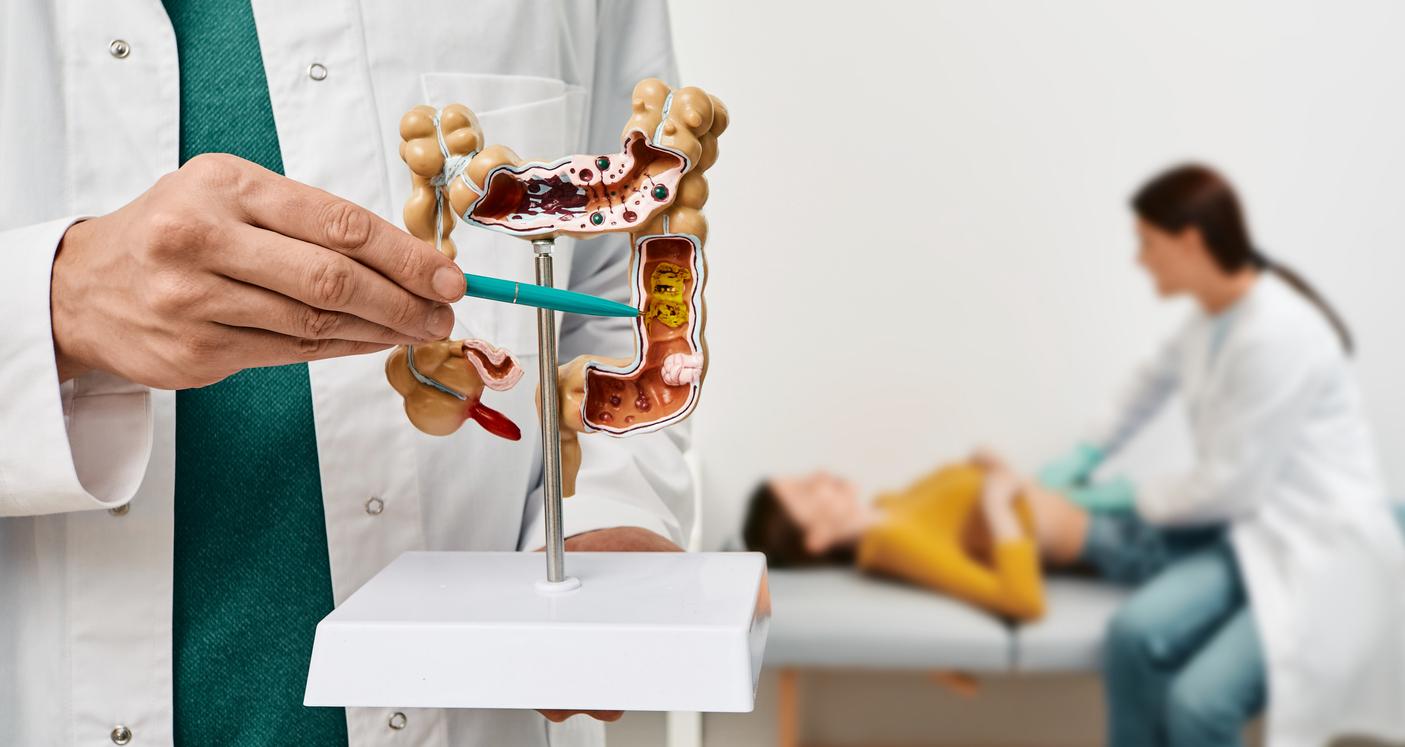
There are more and more calls for the elderly to undergo radical medical treatment less often. For example, patients over 70 are first screened for vulnerability at the emergency department in Leiden and The Hague.
The reason for the test was an investigation by the LUMC (Leiden) and other hospitals. It shows that one in ten people over the age of 70 who ended up in the emergency room had died within three months. One in five experienced significant decline within three months. In addition, operations and treatments for the elderly are expensive.
Vulnerability Test
GroenLinks now advocates a screening for all elderly people who come to hospital. Such a vulnerability test determines whether someone is strong enough for severe treatment, such as chemotherapy. If this is not the case, the doctor and patient can jointly decide not to take it. The test consists of questions about medication, memory and independence. In this way, the doctor determines what the chances are of death and deterioration after the operation is completed.
Quality of life
“Usually it concerns radical treatments with a high risk of complications,” says Ronne Mairuhu, internist at the Haga Hospital in The Hague. “Many patients are open to a conversation. You have to think about what you are doing to someone when you give chemotherapy. Very often it is about quality of life, not about life extension.” But it can also be about a new knee, for example. An 80-year-old will be eligible for surgery faster than a 40-year-old road worker, while his or her knee may last longer than the road worker’s worn knee.
Jan Slagter: ‘Questionable plan’
Omroep MAX boss Jan Slagter does not agree with the initiators. “As an elderly person, you arrive nervously at the hospital, perhaps just with an ambulance, and you are told: it is better not to operate on you. The assessment that the elderly patient then has to make can never be pure,” he says.
Slagter, who has a home for people with dementia in Rotterdam, cites an example from practice: “We actually only have room for heavy care. We see that many elderly people fall between two stools when they come out of the hospital. “We have a few beds left in our home. We want to use them for rehabilitation. That gives a completely different perspective than saying: we can give you a new hip, but at home you have an extra chance of falling and then it was for nothing.”
Do you think such a screening for the elderly is a good plan? Cast your vote and leave a comment below!
Statement: People over 70 often receive treatment too quickly
- read more about Statement: people over 70 often receive treatment too quickly
Sources):















